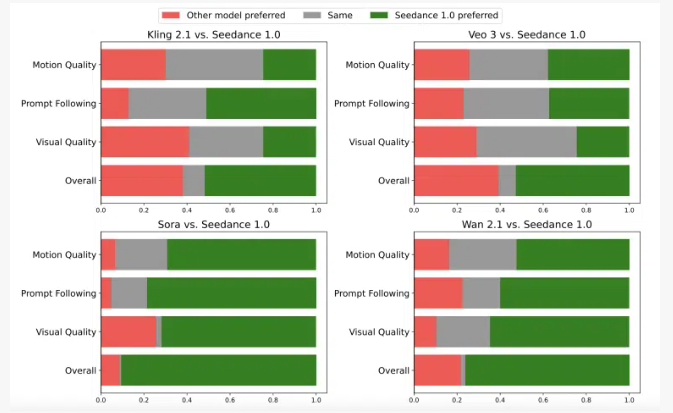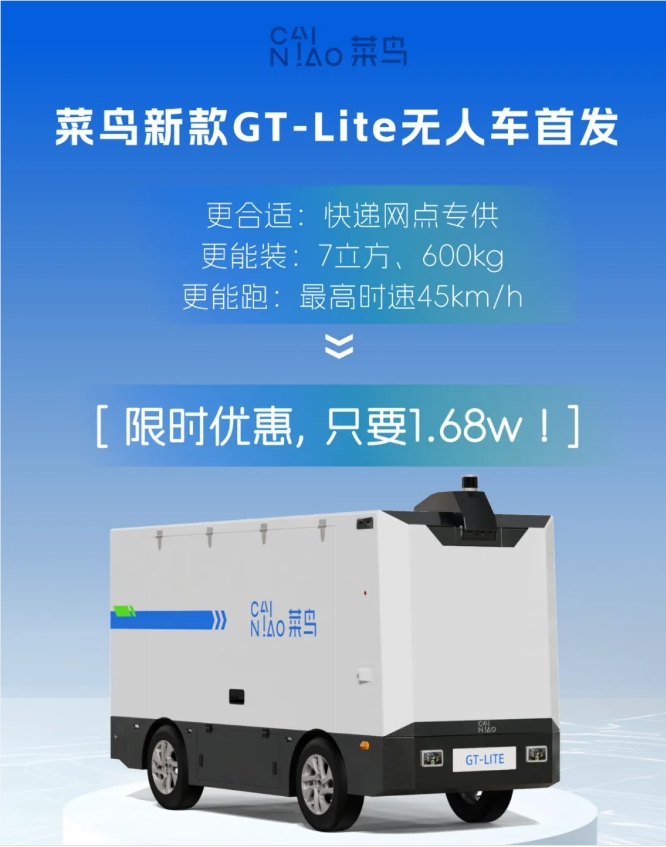In a rare family-style interview, OpenAI CEO Sam Altman shared his latest predictions on the development of artificial intelligence (AI) over the next 5 to 10 years with his younger brother and Lattice founder, Jack Altman. Altman believes that breakthroughs in AI's reasoning capabilities have already reached the level of a doctoral student, but the true disruption lies in AI’s ability to discover new science. He also expressed concern about the "superintelligence paradox," which suggests that even if superintelligence is achieved, social lifestyles may not change significantly, much like how the advent of ChatGPT has not fundamentally transformed people's lives.

A leap in AI reasoning capabilities, with scientific discovery as the next goal
Altman predicts that within the next 5 to 10 years, AI will be able to autonomously discover new scientific knowledge, and its impact will "overshadow all other applications." He pointed out that the current O3 model has demonstrated equivalent reasoning abilities to an excellent doctoral student in specific fields, such as achieving high scores in top math competitions or solving expert-level doctoral problems. Altman candidly admitted that AI progress has exceeded his previous expectations. Currently, AI plays more of an "autopilot" role in scientific research. He predicted that astrophysics will be the first field where AI achieves autonomous new discoveries because it has vast amounts of data but insufficient numbers of doctoral researchers.
The arrival of humanoid robots will bring a real sense of "the future is here"
When discussing physical-world AI applications, Altman regarded humanoid robots as the "ultimate dream" and expected that outstanding humanoid robots would walk the streets in 5 to 10 years, marking the moment when "the future is here." He believed that unlike software AI like ChatGPT, the emergence of humanoid robots would bring more substantial changes, making people truly feel the arrival of the future, rather than remaining confined to the past personal computer form like ChatGPT.
"Superintelligence paradox" concerns: technological breakthroughs and social stagnation
Despite his confidence in AI development, Altman expressed deep concerns about the "superintelligence paradox": even if superintelligence is achieved, the world might not necessarily become better, and society might still be problematic. He envisioned that if even a superintelligent system failed to significantly improve the world or change people's lifestyles, it would be a "crazy proposition." He believed that although ChatGPT has demonstrated doctoral-level intelligence in many fields and is widely used, people's lifestyles and work methods have not undergone fundamental changes compared to two years ago. He speculated that even with an IQ as high as 400, the situation might remain the same, which he referred to as a "technical Turing test paradox."
OpenAI's vision: building an omnipresent "AI companion" ecosystem
Altman described OpenAI's future vision, which is to build an omnipresent "AI companion" ecosystem. He believed that consumers ultimately need an AI companion that provides comprehensive assistance through various interfaces and products. This AI companion should understand users' goals and information and provide seamless overall experiences. He emphasized the critical importance of becoming a platform that integrates everything into itself and integrates everywhere.
Meta's talent war: high-dollar poaching and cultural differences
Altman revealed that Meta views OpenAI as its biggest competitor and adopted a high-dollar poaching strategy, offering OpenAI team members up to hundreds of millions of dollars in signing bonuses and high salaries. Altman criticized this approach, believing that relying too heavily on high salaries and upfront guarantees is detrimental to building an excellent employee culture. He believed that OpenAI's advantage lies in its "culture of repeatable innovation," whereas Meta is not good at innovation. He also observed that externally, ChatGPT is seen as a replacement for Google, but internally at Meta, people view it more as a replacement for Facebook.
Energy and space outlook: AI-driven future development
In response to the energy problem caused by the surge in AI computing power, Altman firmly believes that humans will consume more energy and considers fusion and advanced nuclear energy as solutions. He envisaged that eventually, human energy consumption will far exceed Earth's carrying capacity, necessitating the development of resources in the solar system, which might be the ultimate way to address overheating the planet. Although he trusts professional companies, he stated that he is quite busy with OpenAI's core mission and has no time to start a rocket company.





